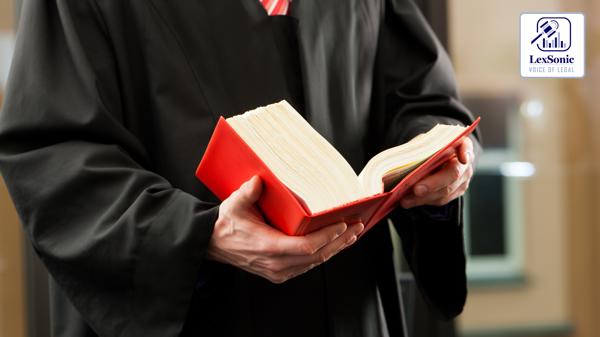Bombay Court Favors Husband in Matrimonial Case Transfer Dispute.
03 September 2025
Child Custody >> Family Law | Divorce Law >> Family Law
There is a matrimonial case between a husband and wife which gives rise to two independent court cases. The wife had made an application for restitution of conjugal rights in the Family Court, Thane. At the same time, the husband had made an application for a Hindu Marriage Petition for dissolution of marriage in Dhule. Both parties thereafter made individual transfer applications to have the two cases heard simultaneously before the same court.
Arguments in Support of the Wife's Transfer Application:
The legal counsel for the wife asserted that she had suffered severe hardship. The wife is unemployed and financially supported by her unwell and aging parents. The father of the wife is a heart patient who earns a modest income as a watchman, so the travel expense to Dhule becomes prohibitive. The wife's lawyer referred to judicial precedents asserting that courts must take into account the economic and social conditions of a wife while granting or rejecting a transfer application. They also argued that the wife, being single and unsupported by her family, would experience physical, emotional, and mental struggle if compelled to travel for the hearings.

Arguments in Support of the Husband's Transfer Application:
The husband's attorney responded by asserting his own obligations. He has a small kirana (grocery) business in Dhule, which constitutes his sole means of livelihood and demands his ongoing presence. He also maintains his two little daughters, who are 12 and 6 years old, with the assistance of his aged parents. The advice of the husband was that his duties—looking after his livelihood and maintaining his children and parents—render it very hard for him to go to Thane. The husband also proposed compensating the wife for her travel cost and that of a companion, claiming this would reduce her financial burden. He argued that a general plea of inconvenience is not a good enough reason for a transfer.
Court's Decision and Reasoning:
The court recognized that both parties had genuine hardships and hence the determination of the balance of convenience was problematic. Nevertheless, the court ended up with a decision in favor of the husband. The court's grounds were based on the peculiar nature of the husband's duties. It concluded that ordering him to fight the proceedings in Thane would result in considerable hardship because of his obligation to look after his infant children and elderly parents while at the same time running his business, which is his sole means of support.
As opposed to this, it was held by the court that the main hardship of the wife was financial. The agreement by the husband to pay for her and a companion's travel costs was sufficient to meet this burden. Thus, it was held by the court that the balance of convenience was in favor of the husband and it was correct to transfer the wife's petition from Thane to Dhule. The husband's application for transfer was thus granted, while that of the wife was refused.
Section 9, HINDU MARRIAGE ACT - 1955
Section 13, HINDU MARRIAGE ACT - 1955
